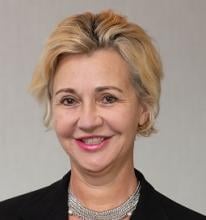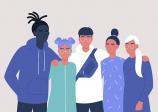Celebrating BIPOC Mental Health Trailblazers
Celebrating BIPOC Mental Health Trailblazers
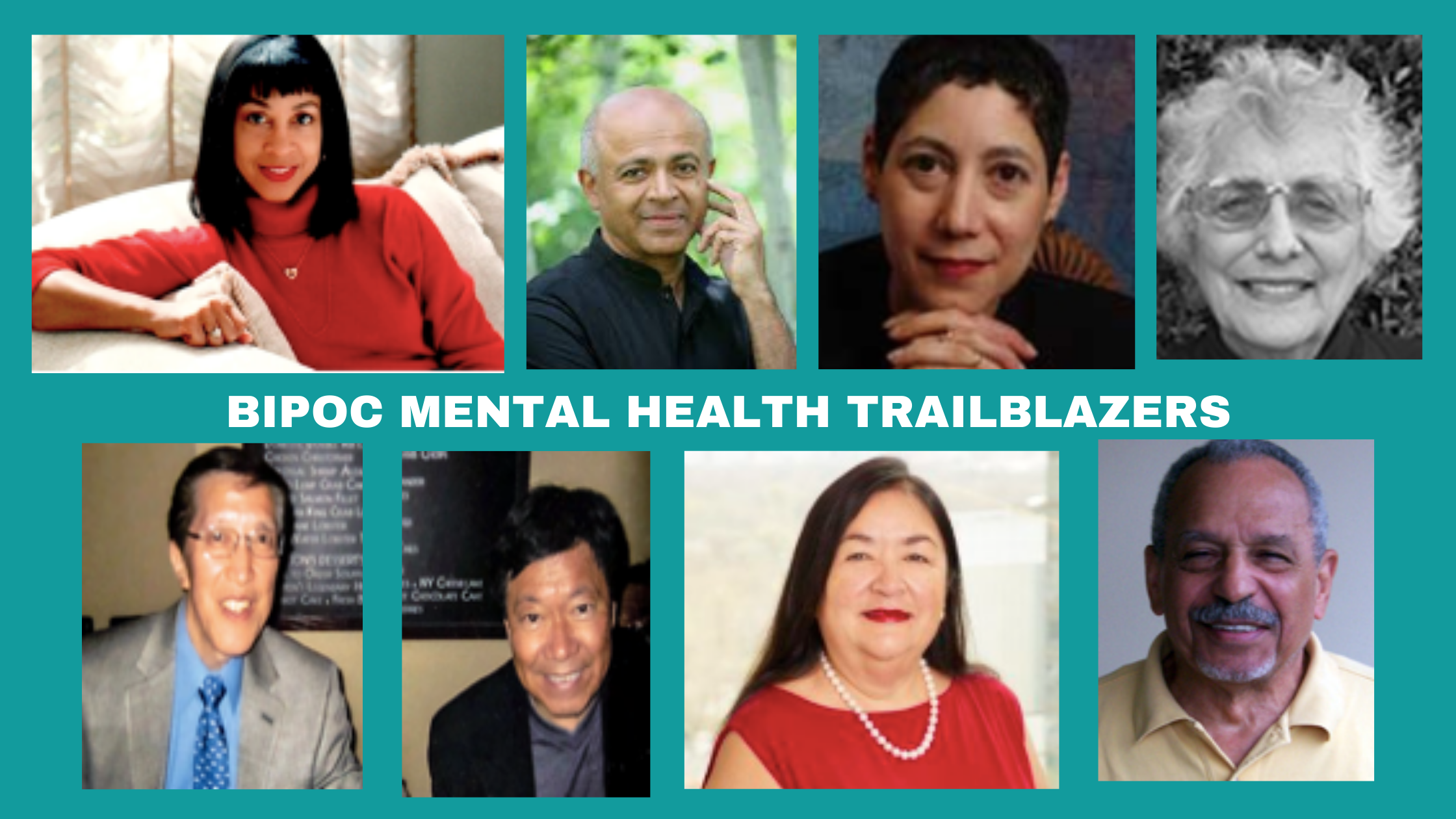
Too often, mental health trailblazers within BIPOC communities are overlooked and underappreciated for their contribution to psychology, health and medicine. Let’s take the time to celebrate these trailblazers and their endless work and legacies throughout the mental health industry.
Patrice Harris, MD, MA, FAPA
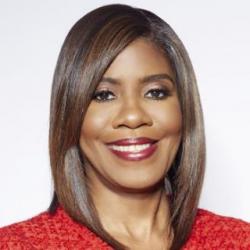
ADAA recognizes our #ADAA Conference Keynote Speaker Dr. Patrice Harris who will present on "Leadership in the Time of Crisis and Beyond" on March 16, 2022 in Denver, CO. Patrice A. Harris, MD, MA is the CEO and Co-Founder of eMed, a digital point of care platform on a mission to democratize healthcare by expanding access to verified and validated at-home diagnostics. Dr. Harris was the 174th President of the American Medical Association and the first African American woman elected to that position. She is a board-certified psychiatrist from Atlanta and has diverse experience as a private practicing physician, county public health officer, patient advocate and in policy, legislative and government affairs. Dr. Harris is a visiting professor of psychiatry at the Columbia University Vagelos College of Physicians and Surgeons.
Bebe Moore Campbell (1950-2006)
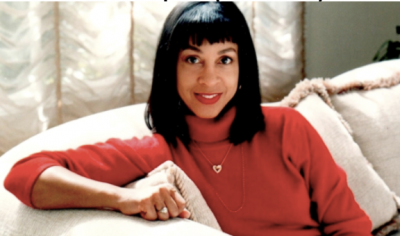 Born in Philadelphia, Bebe Moore Campbell was an author, NAACP Image Award for Literature recipient and mental health advocate. She worked to shed light on mental health in minority/underrepresented communities. Ultimately, she pioneered the fight for Congress to formally recognize June 2, 2008, as Bebe Moore Campbell National Minority Mental Health Awareness Month, now known as BIPOC Mental Health Awareness Month, to bring awareness to the unique struggles that underrepresented groups face regarding mental illness in the US.
Born in Philadelphia, Bebe Moore Campbell was an author, NAACP Image Award for Literature recipient and mental health advocate. She worked to shed light on mental health in minority/underrepresented communities. Ultimately, she pioneered the fight for Congress to formally recognize June 2, 2008, as Bebe Moore Campbell National Minority Mental Health Awareness Month, now known as BIPOC Mental Health Awareness Month, to bring awareness to the unique struggles that underrepresented groups face regarding mental illness in the US.
Maxie Clarence Maultsby, Jr, M.D. (1923-2016)
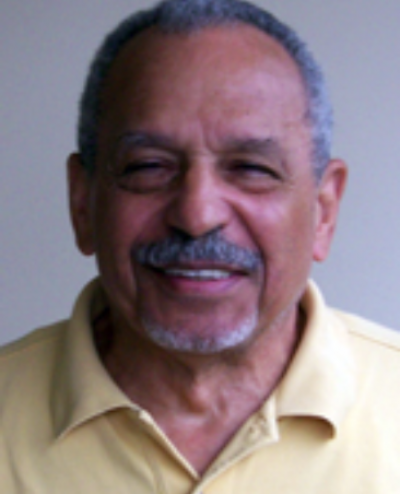 Born in Florida, Dr. Maultsby was an American psychologist and author. He was the founder of the psychotherapeutic method, rational behavioral therapy, an emotional and behavioral self-help technique. The technique of cognitive-behavioral therapy and counseling that Dr. Maultsby created was the first comprehensive, yet short-term, culture and drug-free technique of psychotherapy that produces long-term therapeutic results (1). In addition to authoring books for health professional therapists and counselors, Dr. Maultsby has written four pioneering books that describe his method of emotional self-help, called rational self-counseling. One of his most notably titles being, Help Yourself to Happiness: Through Rational Self-Counseling.
Born in Florida, Dr. Maultsby was an American psychologist and author. He was the founder of the psychotherapeutic method, rational behavioral therapy, an emotional and behavioral self-help technique. The technique of cognitive-behavioral therapy and counseling that Dr. Maultsby created was the first comprehensive, yet short-term, culture and drug-free technique of psychotherapy that produces long-term therapeutic results (1). In addition to authoring books for health professional therapists and counselors, Dr. Maultsby has written four pioneering books that describe his method of emotional self-help, called rational self-counseling. One of his most notably titles being, Help Yourself to Happiness: Through Rational Self-Counseling.
Jane Delgado, PhD (1953- Present)
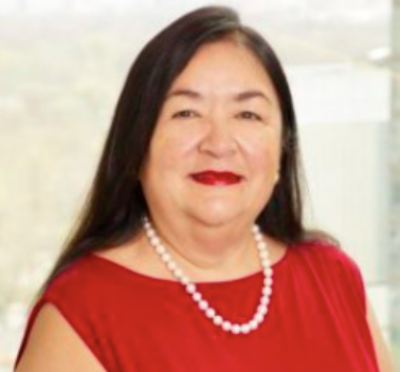 Born in Cuba, Jane Delgado is a Cuban American author, health care advocate and clinical psychologist. She battled racial and ethnic inequities while teaching countless people how to care for their health and later led the National Alliance for Hispanic Health (NAHH) as its first woman president. In addition to advocating for equitable Hispanic health care, has also produced more than a dozen health-related books. Among them is the groundbreaking Salud: The Latina Guide to Total Health, which encouraged women to focus on self-care.
Born in Cuba, Jane Delgado is a Cuban American author, health care advocate and clinical psychologist. She battled racial and ethnic inequities while teaching countless people how to care for their health and later led the National Alliance for Hispanic Health (NAHH) as its first woman president. In addition to advocating for equitable Hispanic health care, has also produced more than a dozen health-related books. Among them is the groundbreaking Salud: The Latina Guide to Total Health, which encouraged women to focus on self-care.
Lillian Comas-Diaz (1980-Present)
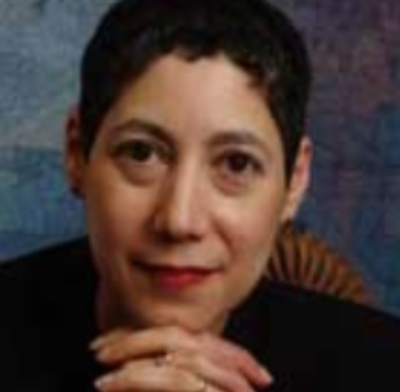 From Puerto Rico, Lillian is an author, psychologist, researcher of multiethnic and multicultural communities and current professor at George Washington University. She has dedicated much of her professional career to serving underrepresented communities especially women across cultures and ethnicities. She co-founded the Transcultural Mental Health Institute and is also a pioneer in researching approaches to racial trauma that employs more culturally competent components. She is well known for her book Multicultural Care: A Clinician’s Guide To Cultural Competence, which serves as a guide to clinicians to help them foster more cultural awareness to better serve clients.
From Puerto Rico, Lillian is an author, psychologist, researcher of multiethnic and multicultural communities and current professor at George Washington University. She has dedicated much of her professional career to serving underrepresented communities especially women across cultures and ethnicities. She co-founded the Transcultural Mental Health Institute and is also a pioneer in researching approaches to racial trauma that employs more culturally competent components. She is well known for her book Multicultural Care: A Clinician’s Guide To Cultural Competence, which serves as a guide to clinicians to help them foster more cultural awareness to better serve clients.
Derald Wing Sue, PhD and Stanley Sue, PhD
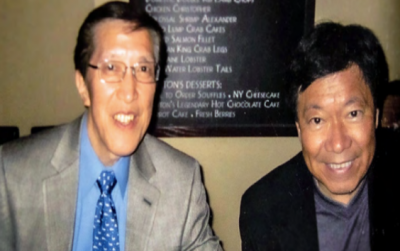 Both brothers are first generation, Chinese Americans from Portland, Oregon who dedicate their work to advancing knowledge to support the mental health of Asian Americans and Pacific Islanders. In 1972, the Sue brothers founded the Asian American Psychological Association (AAPA) to advance Asian American psychology and advocate on behalf of Asian Americans. Both brothers have spent their professional careers pioneering research about multicultural counseling, ethnic minorities and the difficulties they face in receiving treatment for mental health issues (2).
Both brothers are first generation, Chinese Americans from Portland, Oregon who dedicate their work to advancing knowledge to support the mental health of Asian Americans and Pacific Islanders. In 1972, the Sue brothers founded the Asian American Psychological Association (AAPA) to advance Asian American psychology and advocate on behalf of Asian Americans. Both brothers have spent their professional careers pioneering research about multicultural counseling, ethnic minorities and the difficulties they face in receiving treatment for mental health issues (2).
Abraham Verghese, MD (1955- Present)
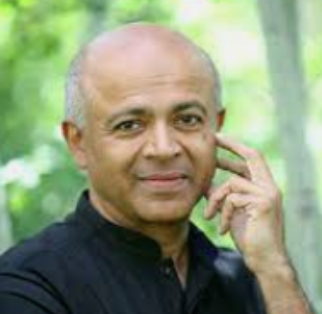 Dr. Verghese is an Indian American author, physician and advocate for the importance of empathy in physician-patient relationships. He advocated the value of direct patient interaction and physical examination in diagnosing and demonstrating empathy. In September 2016, he received a National Humanities Medal at the White House from President Barack Obama. He is also well known for his first book and memoir, My Own Country: A Doctor’s Story, that was made into a movie (3).
Dr. Verghese is an Indian American author, physician and advocate for the importance of empathy in physician-patient relationships. He advocated the value of direct patient interaction and physical examination in diagnosing and demonstrating empathy. In September 2016, he received a National Humanities Medal at the White House from President Barack Obama. He is also well known for his first book and memoir, My Own Country: A Doctor’s Story, that was made into a movie (3).
Diane J. Willis, PhD
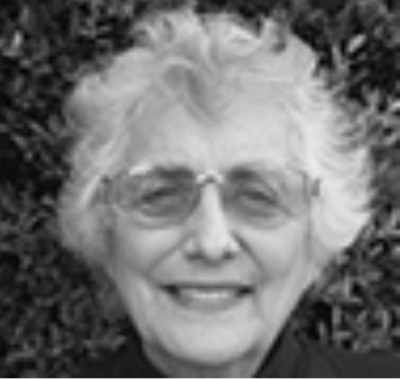 Dr. Willis, a member of the Kiowa Tribe and child psychologist, is most known for her distinguished work in the fields of child and Native American advocacy. She established the first psychology clinic at the Clinton Indian Hospital in Clinton, Okla., along with the first psychology clinic at the Cheyenne Arapaho Indian Health Services Clinic in El Reno and Concho, Okla. Dr. Willis also helped to form the Child Protection Committee at OU Children's Hospital, the first program of its kind to systemically train medical personal to detect signs of abuse and neglect in child victims. She continues to advocate for the Indian Health Service clinics and has also been integral in establishing Early Head Start and Head Start programs of research and service for American Indian/Alaskan Native youth and families (4).
Dr. Willis, a member of the Kiowa Tribe and child psychologist, is most known for her distinguished work in the fields of child and Native American advocacy. She established the first psychology clinic at the Clinton Indian Hospital in Clinton, Okla., along with the first psychology clinic at the Cheyenne Arapaho Indian Health Services Clinic in El Reno and Concho, Okla. Dr. Willis also helped to form the Child Protection Committee at OU Children's Hospital, the first program of its kind to systemically train medical personal to detect signs of abuse and neglect in child victims. She continues to advocate for the Indian Health Service clinics and has also been integral in establishing Early Head Start and Head Start programs of research and service for American Indian/Alaskan Native youth and families (4).
It is important to recognize, celebrate and learn about the many accomplishments of these pioneers. They have dedicated their lives to researching and advocating for the needs of BIPOC communities. Check out the following ADAA resources for more information on the needs of the BIPOC communities.
- American Indian/Alaskan Native Communities
- Asian American and Pacific Islander Communities
- Black/African American Communities
- Latiné/ Hispanic Communities
Amazon Links:
- Help Yourself to Happiness: Through Rational Self-Counseling: https://www.amazon.com/Help-Yourself-Happiness-Rational-Self-Counseling/dp/0917476069
- Salud: The Latina Guide to Total Health: https://www.amazon.com/Salud-Latinas-Guide-Total-Health/dp/0060006218
- Multicultural Care: A Clinician's Guide to Cultural Competence (Psychologists in Independent Practice): https://www.amazon.com/Multicultural-Care-Clinicians-Psychologists-Independent/dp/1433810689
- My Own Country: A Doctor’s Story: https://www.amazon.com/My-Own-Country-Doctors-Story/dp/0679752927
Footnotes:
